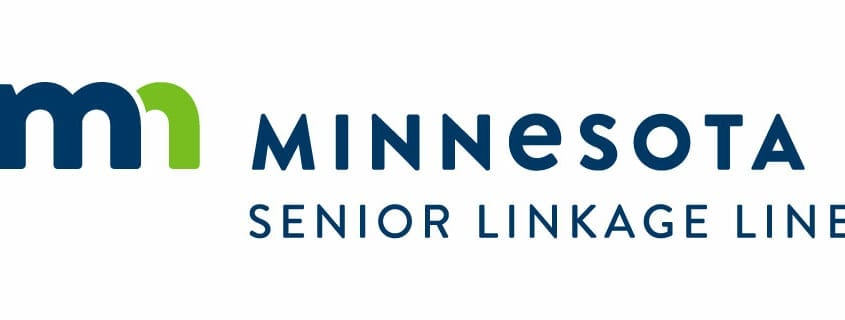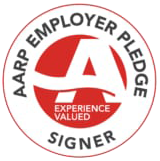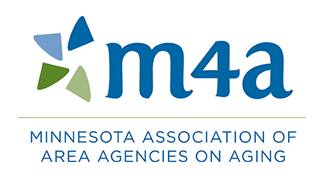News from the Senior LinkAge Line® – July 2020
Medicare Open Enrollment – Here Before You Know it!
It is hard to believe, but Medicare Open Enrollment is right around the corner. Soon, people will begin receiving a deluge of mail from Social Security, Medicare, their health plan and other companies trying to sell them health insurance policies. Didn’t we just go through this? Here are some important things to remember to make sure you’re covered for 2021:
- Be sure to read all notices you get from your Medicare plan about changes coming for next year, especially your Annual Notice of Change letter. Make sure your plan is still available in 2021. Also, make sure your plan will still cover your drugs and that your doctors are still in the plan’s network.
- Did you know that some people are eligible to receive help in paying their Medicare Part D premiums and co-pays? In September, many people on the Extra Help Program will receive notices from Social Security about their continued eligibility in 2021. It is important to read these notices and follow the directions, such as returning a form by a certain date. Not doing so can put you at risk for losing this help.
Help Paying for Medicare
You can find out if you qualify for help paying for your Medicare, as mentioned above. Learn about programs that help with the costs of Medicare premiums, your Medicare Part A (hospital insurance) and Medicare Part B (medical insurance) deductibles, coinsurance and copayments and Medicare prescription drug coverage costs.
- To find out if you might be eligible, call the Senior LinkAge Line at 800-333-2433.
Prior Authorization Needed for Some Outpatient Services
A new Prior Authorization Process for Certain Outpatient Department (OPD) Services began for services on or after July 1, 2020. This change was made because Medicare had seen a significant increase in the number of these services being performed. Services requiring pre-authorization include blepharoplasty, botulinum toxin injections, panniculectomy, rhinoplasty, and vein ablation.
COVID-19 Fraud
Scams related to the coronavirus are rapidly increasing as the public health emergency develops. Scammers are targeting older adults and those with serious long-term health conditions who appear to have a higher risk for serious illness from COVID-19. Fraudsters are attempting to bill Medicare for sham tests or treatments related to the coronavirus and are targeting individuals to illegally obtain money or Medicare numbers. Protect yourself from COVID-19 fraud?
- Do not give out your Medicare number to anyone other than your doctor, health care provider or other trusted representative.
- Protect your Medicare number and treat your Medicare card like a credit card.
- Never provide your Medicare number or other personal information to anyone who contacts you through unsolicited calls, texts or emails.
- Be cautious of anyone who comes to your door offering free coronavirus testing, treatment, or supplies.
- Don’t click links from sources you don’t know. This could put your computer or device at risk. Be sure your anti-malware/anti-virus software is up-to-date.
- Don’t buy medical supplies from unverified sources, including online advertisements and email/phone solicitations.
- Ignore online offers for COVID-19 vaccinations. If you see ads for prevention products or cures for COVID-19, they are a scam.
- Do your homework before donating to a charity or crowdfunding site. Be very cautious of any charities requesting donations by cash, gift card or wire transfer.
- Be wary of “investment opportunities.” The U.S. Securities and Exchange Commission (SEC) is warning people about online promotions claiming that the products or services of publicly traded companies can prevent, detect or cure COVID-19 and that the stock of these companies will dramatically increase in value as a result.






